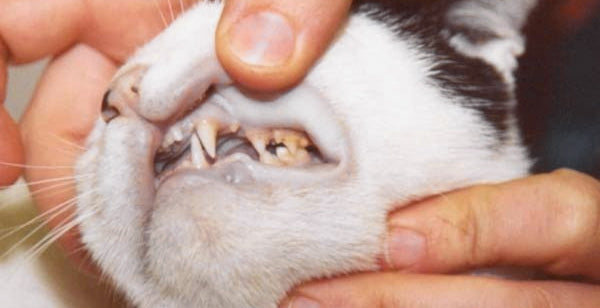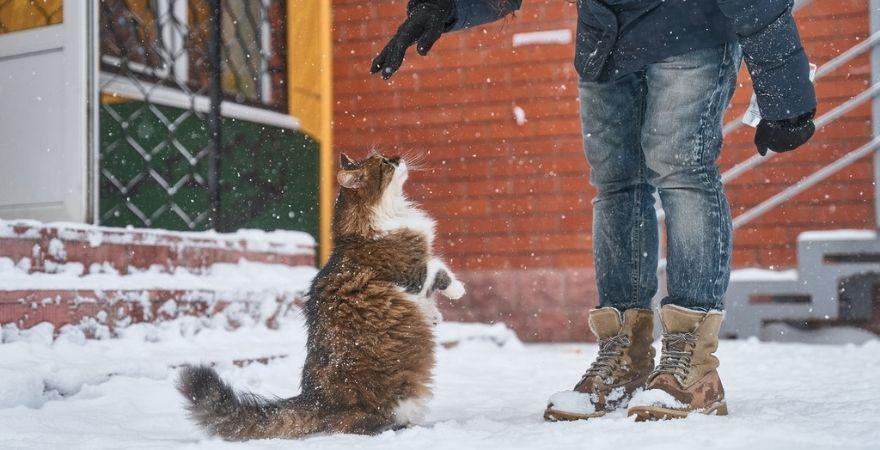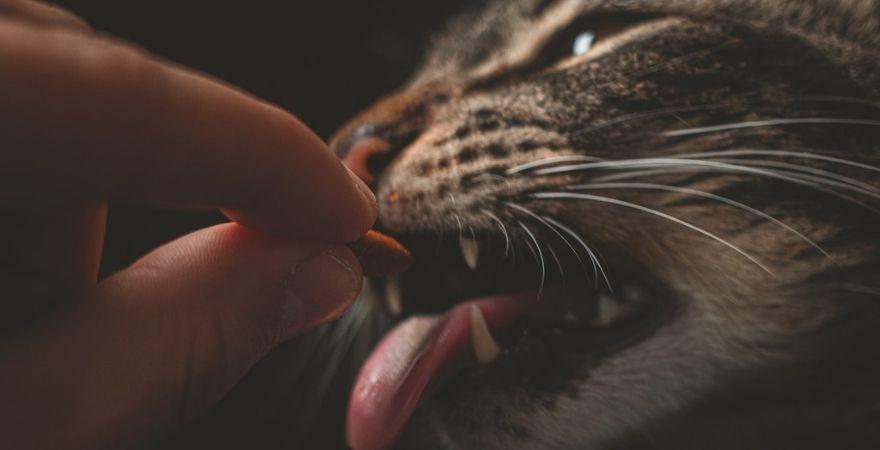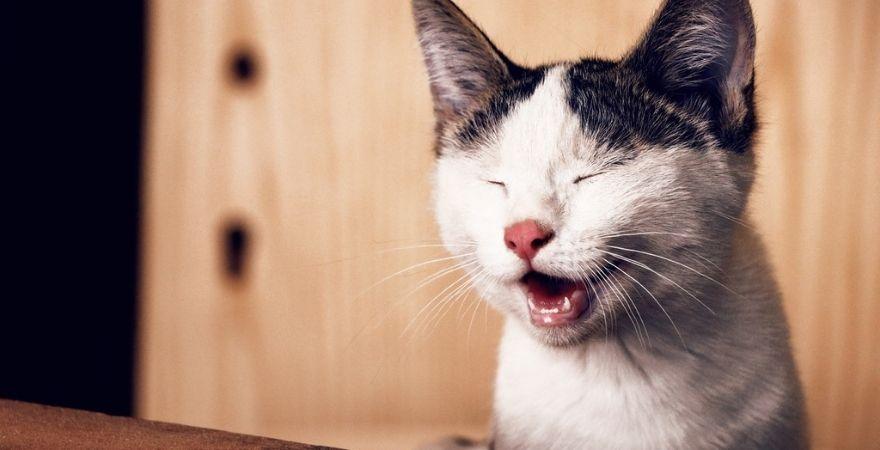Blood carries oxygen around the body via red blood cells. Anemia is a health condition in which the blood doesn’t have enough of these cells and the body in turn can’t get enough oxygen.
Anemia is a tricky health problem to identify in cats because it usually comes on quite gradually.
Because felines are already good at concealing health issues, if you’re not careful you may only notice that something is wrong when the condition has become quite serious.
In this article, we’ll give you tips on how to recognize anemia in your cat and what you should do if you’re worried your furry companion might be suffering from it.

EARLY SYMPTOMS OF ANEMIA
The important thing to realize with anemia is that the symptoms start off very subtle but gradually worsen.
Lethargy

The first thing you’re likely to notice is malaise. Let’s face it, cats are already kind of lazy but if your cat is anemic they’ll begin to sleep even more.
They may also be unusually reluctant to play and may tire out quickly.
Lack of appetite

You may also notice that more food is being left in your cat’s bowl over time.
If you notice your cat skipping meals, whatever the underlying problem the best thing you can do is get into your vet.
Pale colored gums

If you begin to see other signs, lift their upper lip and check their gums. (Pro-tip: try to do it when they’re half asleep! That way they won’t resist too much.)
In natural light, their gums should be bright pink. If they’re a pale, milky color this is a big tell that your cat’s blood isn’t doing its job and anemia may be the culprit.

MORE SEVERE SYMPTOMS OF ANEMIA
When anemia is advanced your cat will start to exhibit more severe symptoms.
Weird licking behavior

If your cat starts licking odd things (like the pavement or rocks or metal) this is a strange condition known as Pica. It’s a sign your cat’s body is trying to assimilate as much iron as possible and will do anything to get it.
Coughing up blood
This isn’t a symptom of anemia per se, but if your cat is losing blood it can rapidly lead to advanced anemia. This warrants an immediate trip to the vet.
3 THINGS YOU CAN DO IF YOU'RE WORRIED YOUR CAT HAS ANEMIA
1. Check for fleas and parasites
Even though parasites individually don’t consume much blood, if your cat is dealing with a full-blown infestation, the blood loss can be much more serious.
Ask your vet for advice on a good flea treatment if your cat has pesky blood-sucking stowaways.
2. Take your cat to the vet for a full examination

Your vet will likely run a blood test known as a PCV (packed cell volume). This is a quick test to measure the level of blood cells in the body and conclusively diagnose if anemia is a problem.
In severe cases, your vet may recommend a blood transfusion.
3. Consider an iron-rich diet and supplements
It’s important to note that while diet may be a useful part of treatment, anemia is rarely the result of dietary deficiency in cats. The underlying cause is usually something directly affecting the blood.
That said, iron supplements and B vitamins can be useful, as they support red blood cell formation
Foods rich in iron (such as an ounce of liver every few weeks) may up their iron levels. Don’t overdo it though! Too much liver can be toxic.
If you notice the signs of anemia in your cat, the take home message is not to ignore it. Anemia starts gradually and is usually not serious at first. However, if not treated it can rapidly become dangerous. As always—if in doubt, see your vet.








